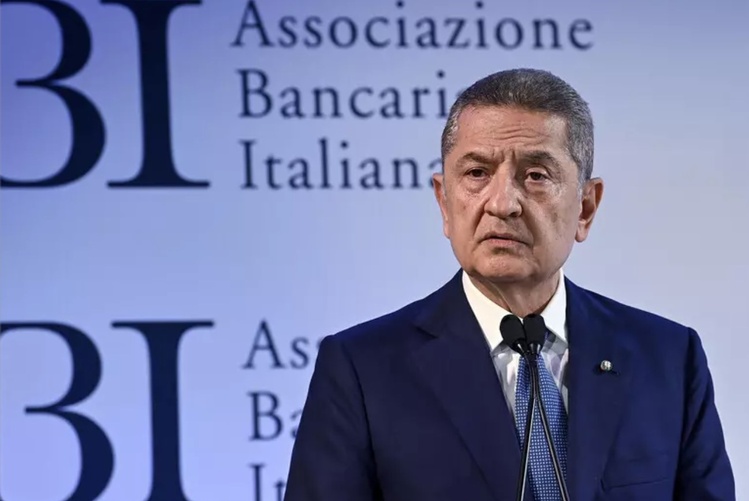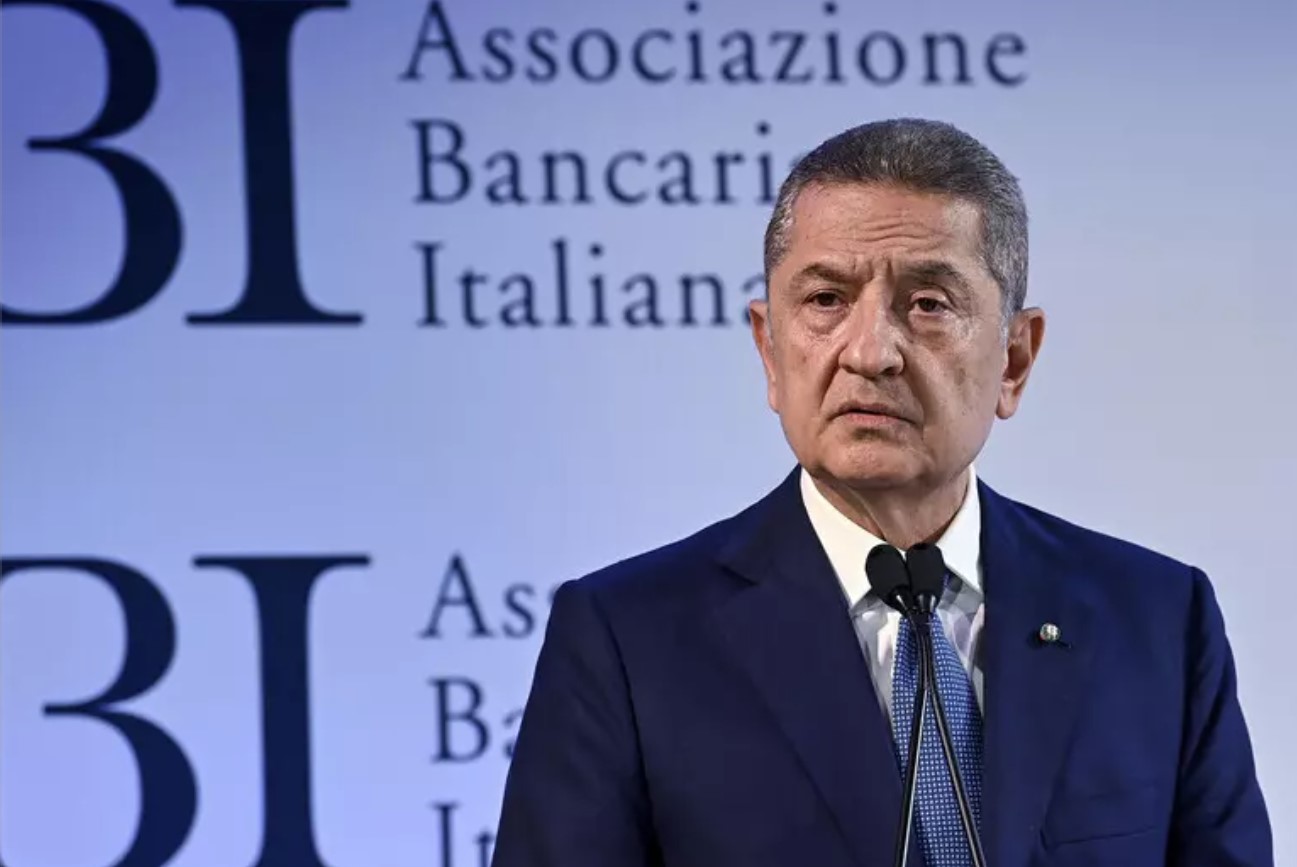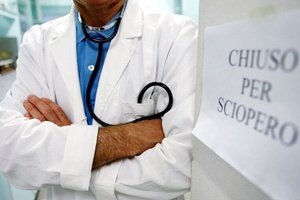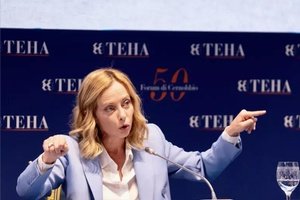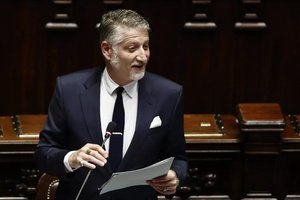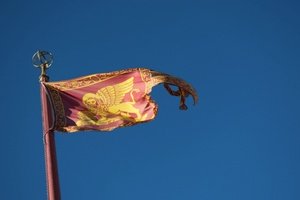In particular, he referenced the negative impact it may have “on the state of pension systems, on the healthcare system, on the propensity to do business and innovate, [and] on the sustainability of public debt”.
In order to counter this phenomenon, “it is essential to boost human capital and increase the employment of the young and women,” he said.
Panetta referenced “measures favouring the arrival of regular foreign workers”.
“[This] constitutes a rational response on an economic level, regardless of evaluations of a different nature,” he said.
This will “need to be managed in a coordinated manner within the Union”, taking into account social stability and boosting the integration of foreign citizens.
Panetta went on to say that “Italy is the only country in the euro area” in which public spending due to interest on national debt is “approximately equivalent to that of education”.
For him, this shows how “high debt is weighing on the future of young generations, limiting their opportunities”.
Panetta also told the Rimini event organised by members of the Catholic activist group Comunione e Liberazione (Communion and Liberation, CL) that the European project “is now confronted with internal and external challenges”.
These challenges, he says, will test its “solidity and cohesion”.
Panetta added in his speech, which was mainly devoted to European integration, that “without a common market, per capita income in Europe today would be under one-fifth”.
The idea that the euro area can work effectively without centralised fiscal policy is “simply an illusion and must be overcome,” said Panetta.
Panetta said a test for the new European legislature “will be the ability to confirm the utility of common expenditure projects and to progress towards a more complete and more integrated union, on both a financial and fiscal level”.
ANSA
